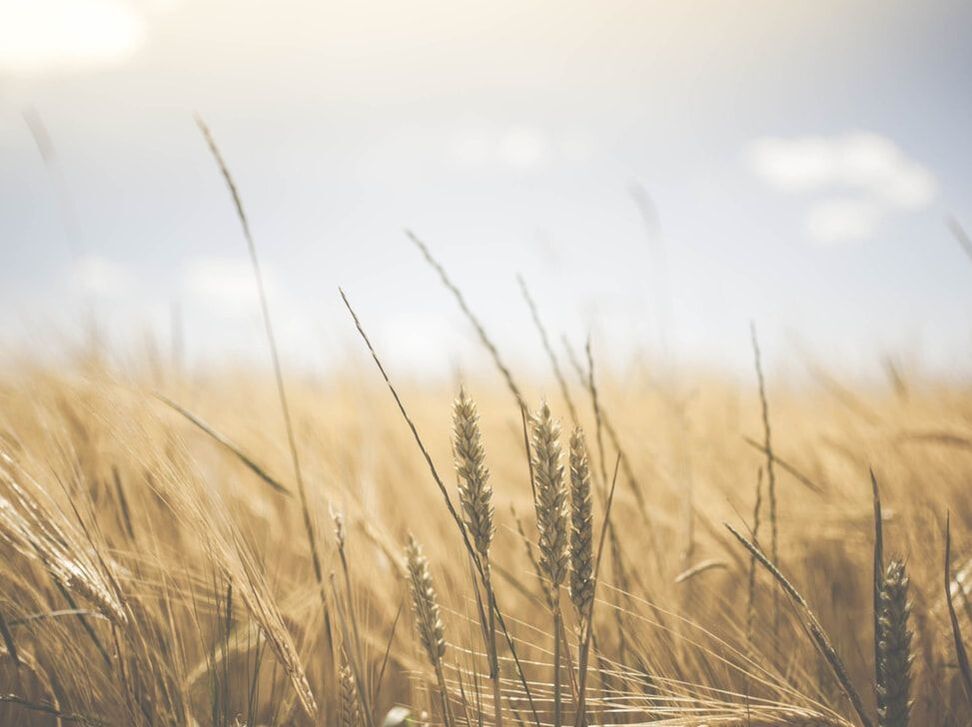Barkway Farms and Working Yards
Since time immemorial farms have formed a key part of village life. The 1891 census for Barkway, shows that 25% of the working male population listed their occupation as agricultural labourers. One big difference a 100 or so years ago, was that farms were operating on the High Street. Elms Farm was opposite the school, with its many barns behind.
It was unfortunately burnt down in 1935. At the southern end Turnpike Farm farmed land beside Ashgrove House. One of its great barns although now converted still stands beside the main farm house. Bill Nottage recounts elsewhere that his father Stephen was head horse keeper there. The Newsells estate owned Manor Farm in Church Lane, and its substantial acreage was run by tenant farmers throughout most of the 1800s. Although not a farm house in the conventional sense, Barkway House, owned Oak Farm across the road from it. It was once the Royal Oak coaching inn and was later developed into a mixed farm. Sid Brown recounts elsewhere that his father was employed there for 40 years as heavy horse man. Access to the farm was off the High Street through the archway, but there was also more regularly used access via Top Yard. The entrance to this yard opposite the milestone, is still framed by 2 original brick barns alongside the High Street. One has the old door where crops were off loaded. The yard had many outbuildings, including one large barn known to the workers as the mill. This housed a large grinder, employed to produce cattle food. Vegetables such as mangolds were rendered down to provide feed for the large beef herd running over meadows beyond. In the 1890s there were 11 licensed ale houses and inns, and many shops. There were also a number of yards where individual or family concerns ran successful enterprises.
Examples of such yards were found at 2 High Street, where the Wilson family ran a wheelwrights, and later coachworks for several generations, and employed local people. One of the Wilsons ran a coffin production business behind no. 38 High Street, which his father had built. The Thrussell family had their yard and carpentry business to the rear of the Cross Keys, at 96 High Street, and the barns remain. Charles James’s coach works yard stood by Gas Lane, and by 129 High Street, was Well Yard.
